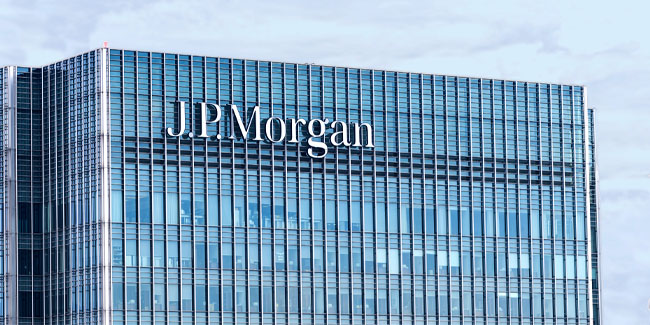JPMorgan has downgraded the Philippine stocks to “underweight”.
JPMORGAN — Immediately after the conclusion of the May 2022 national and local elections, the American financial services giant has downgraded the Philippine stocks to “underweight”.
It also dropped the country to the bottom of an investment list comprised of its Southeast Asian peers.

In its ASEAN Equity Strategy released on May 9, 2022, J.P. Morgan Global Research downgraded the country’s real estate sector to “neutral”. Also, it advised investors to lessen their exposure to local stocks given its view to “downgrade the Philippines to underweight”.
“We recommend selling into a possible post-election hope rally in-line with the Philippines Equity Strategy team’s view,” said J.P. Morgan. “Philippines equities face myriad challenges, including twin deficits, higher inflation, slower government spending in the quarters after the election (transition pain), high public debt, risk of a valuation derating and potential earnings growth disappointment.”
J.P. Morgan also cited an increasing risk of a valuation derating that could be exacerbated by portfolio outflows, the domestic monetary tightening cycle, and retail investors shifting to safe havens like bonds or bank deposits.
However, it expects “re-opening benefits for the GDP growth trajectory to wane next year” and “put strong pressure on the government” in order to deliver on capital outlay spending acceleration.

It added that higher commodity prices will weigh on the country’s current account flows and fiscal spending because the Philippines is a net energy importer with oil and raw materials accounting for more than 50% of imports and is equivalent to more than 15% of gross domestic product (GDP).
Meanwhile, inflation because of rising oil prices and reduced real income would drag on private consumption, which accounts for more than 75% of the country’s GDP.
READ ALSO: BSP Says Consumer Prices To Go Up Faster Than Expected In 2nd Half Of 2022
J.P. Morgan said that it sees a 20% oil price increase “might translate to +0.8 percent impact to CPI and -0.4 percent to GDP”, adding that this is likely to challenge the Bangko Sentral ng Pilipinas’ capability to control inflation and could force to raise the policy rate more quickly than anticipated.
At the corporate front, J.P. Morgan expects to see earnings growth disappointment as it noted that its 2022 outlook for the country was based on a strong consumption rebound that underpins a 25% year-on-year earnings per share recovery.
“Headwinds from inflation, a depreciating peso and weaker sentiment will impact the pace of the recovery and GDP growth disappointment, adding downside risk to EPS estimates,” said J.P. Morgan.
Thank you for visiting Newspapers.ph. You may express your reactions or thoughts in the comments section. Also, you may follow us on Facebook as well.
